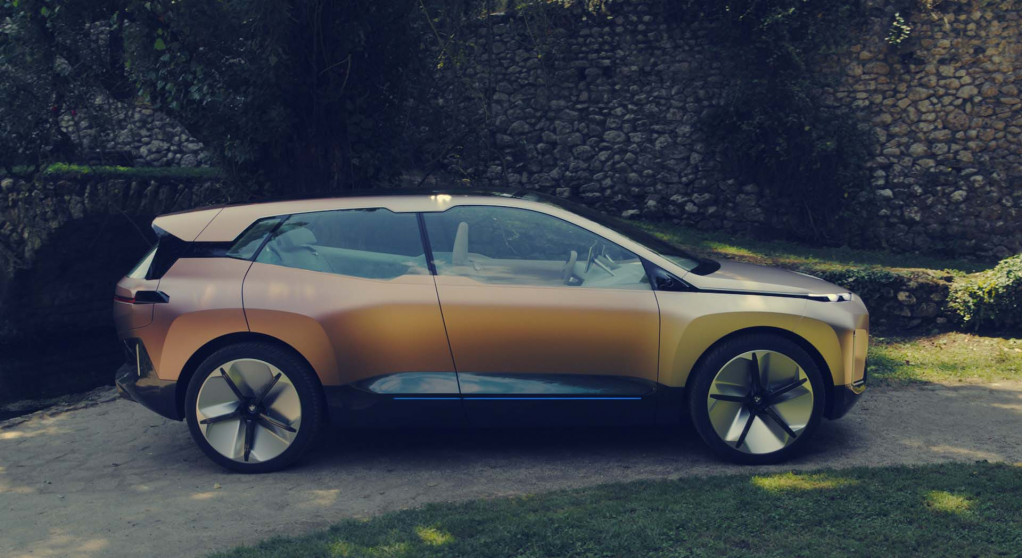To stand out, or not to stand out. That is the question many electric automakers are asking as electric cars transition from being something new and different to being just another drive system for all types of cars.
Among the most recognizable electric-car designs are those that stand out from the crowd: The original Nissan Leaf, the Toyota Prius Prime, the BMW i3.
CHECK OUT: 2019 BMW i3 to get bigger battery with 153-mile range
Now electric cars are going more mainstream, according to an October interview with BMW styling director Adrian van Hooydonk in the British publication Autocar, so there's no reason to make them look so different.
"BMW customers want a dynamic car, whether it is a battery-electric vehicle or not," van Hooydonk told Autocar. "So there’s is increasingly less reason to make these kinds of cars look different.”
READ THIS: BMW Vision iNext electric concept redefines German luxury flagship
It has been a long-running debate among designers of hybrid and electric vehicles. People buy cars to make a statement, just as they might buy a jacket or shoes. Early hybrid and electric car buyers wanted their support for the environment, or at least their reduced petroleum consumption.
Driving an ordinary-looking car didn't accomplish that. Onlookers had no reason to strike up a conversation to ask why they were driving it.

BMW Vision iNext concept
BMW's change of heart is another sign that electric cars are moving beyond early adopters to more mainstream buyers—known as the "early majority," among marketers. The early majority accepts that early adopters have proven a technology, and wants to establish that it is now mainstream.
Building good-looking, but mainstream, cars with electric powertrains accomplishes that goal.
DON'T MISS: All-electric BMW i4 to be production version of i Vision Dynamics concept
BMW executives have announced that instead of building completely separate designs for electric cars—such as the i3 and i8 with their carbon-fiber chassis and aluminum floor pans—the brand will work to develop electric versions of all of its primary cars, such as the upcoming 2020 iX3 SUV, which is an electric version of the X3, and the 2019 Mini Cooper S E, an electric version of the standard Mini hatchback.
Other upcoming BMW electric-car concepts show a mixed approach. The luxurious and nominally self-driving Vision iNext luxury SUV, which could inspire a production model in about 2022, is all harsh angles, with odd wings and big pillarless glass. It will definitely stand out on the road.
BMW's Vision Dynamics concept is a sleek four-door sedan that previews the company's next electric car (after the iX3 and the Mini Cooper S E), an electric version of the elegant-looking but relatively mainstream 4-series. It will also stand out on the road—but for its elegance, not just its brash, indifferent, difference.











